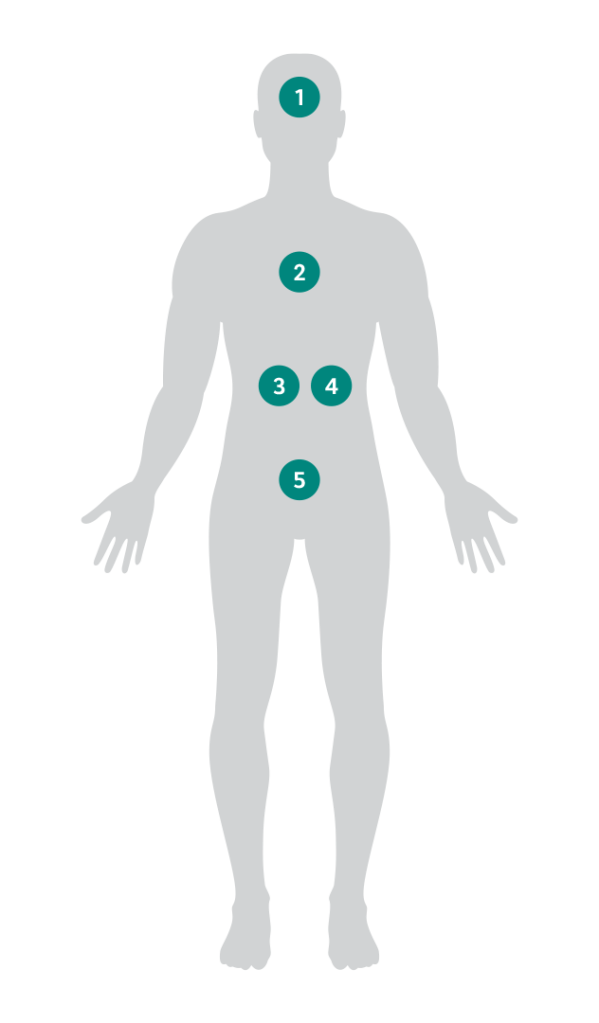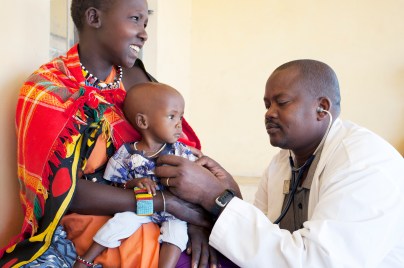Stomach cancer: understanding the signs and symptoms
Learn more about stomach cancer risk factors and our commitment to patients
November 3, 2023

What causes stomach cancer?
Stomach cancer, also called gastric cancer, occurs when malignant (cancer) cells form in the lining of the stomach. The most common form of stomach cancer is adenocarcinoma, which develops when glandular cells in the innermost lining of the stomach grow uncontrollably.
How common is stomach cancer?
It is estimated there will be approximately 26,500 patients diagnosed with stomach cancer in the U.S. in 2023.
Who’s at risk for stomach cancer?
Anybody can be diagnosed with stomach cancer; however, it’s almost twice as common in men, and most people are older than 55 when diagnosed. In the U.S., the number of new stomach cancer cases per year is higher in Black, Hispanic, American Indian and Asian communities compared with non-Hispanic white communities.
You may also have a higher chance of developing stomach cancer if you:
What are the signs and symptoms of stomach cancer?
Early-stage stomach cancer rarely causes symptoms, which is why most cases are diagnosed after they have spread (metastasized) to other parts of the body. In the U.S., there are currently no routine screening recommendations for stomach cancer. If you think you might be at increased risk for stomach cancer, consider asking your doctor about being screened. When stomach cancer does cause symptoms, they may include:

- Fatigue.
- Heartburn, indigestion and anemia.
- Swelling or fluid build-up in the abdomen, jaundice or weight loss without trying.
- Poor appetite, abdominal pain, nausea, vomiting with or without blood or feeling full after a small meal.
- Blood in stool.
Any of these warning signs should be discussed with a doctor, especially if you feel you’re at risk for stomach cancer.
If you have questions about stomach cancer and its symptoms, it’s important to discuss these with your doctor. Some questions to ask your doctor may include:
- Q: Can young people be diagnosed with stomach cancer?
A: While the majority of stomach cancer patients are over 60 years old, it’s important to know that younger people can also be diagnosed with stomach cancer. Nearly 5% of patients diagnosed with stomach cancer are under 40 years old. - Q: How do doctors determine the stage of a stomach cancer?
A: When someone is diagnosed with stomach cancer, doctors will conduct tests, such as endoscopic procedures, biopsies and imaging, to help determine how far the cancer has spread. By staging stomach cancer, doctors can determine how serious the cancer is and the best way to treat it.
"When facing a stomach cancer diagnosis, some patients may have existing misconceptions about the disease or be unsure about what this diagnosis will mean for them."
— Dr. Pooja Bhagia
GI clinical research scientist, Merck Research Laboratories“Having an open conversation with your doctor about your questions and concerns may alleviate some worry and help you understand what to expect in your cancer journey,” she added.








